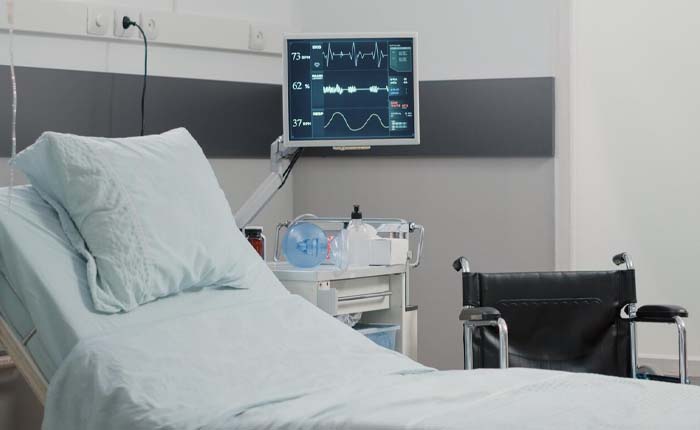buy anti-decubitus mattress
The Importance of Buying an Anti-Decubitus Mattress
In the realm of healthcare and elderly care, preventing pressure ulcers, commonly known as bedsores or decubitus ulcers, is a significant concern. These painful wounds can develop when an individual is confined to bed for extended periods, compromising their skin and underlying tissues due to prolonged pressure. One effective solution to combat this issue is purchasing an anti-decubitus mattress.
Understanding Anti-Decubitus Mattresses
Anti-decubitus mattresses are specially designed to distribute body weight evenly and minimize pressure points, effectively reducing the risk of bedsores. These mattresses typically feature advanced materials and technologies, such as air cells, memory foam, or gel, which adapt to the body’s contours. By cushioning the areas prone to pressure, these mattresses provide enhanced comfort and support, making them an invaluable resource for patients with limited mobility.
Types of Anti-Decubitus Mattresses
When considering the purchase of an anti-decubitus mattress, it is essential to understand the different types available
1. Static Mattresses These are made from high-quality foam or gel and provide a consistent level of support. They are suitable for patients at low risk of developing pressure sores.
2. Dynamic Mattresses These models feature air-filled cells that alternately inflate and deflate to promote blood circulation and reduce pressure points. They are optimal for patients at moderate to high risk of bedsores.
3. Alternating Pressure Mattresses Similar to dynamic mattresses, these have air chambers that change pressure to further enhance circulation. These are particularly effective for long-term immobilized patients.
buy anti-decubitus mattress

Why Purchase an Anti-Decubitus Mattress?
1. Prevention of Pressure Ulcers The primary reason for investing in an anti-decubitus mattress is the prevention of bedsores. By maintaining proper pressure relief, patients can avoid the pain and complications associated with pressure ulcers, such as infections and longer recovery periods.
2. Improved Comfort Many patients spend a considerable amount of time in bed. A quality anti-decubitus mattress can significantly enhance their sleeping experience, providing better support and reducing discomfort.
3. Enhanced Mobility Using an anti-decubitus mattress can encourage patients to move around more comfortably, which is crucial for their rehabilitation and overall well-being.
4. Cost-Effectiveness While the initial investment in an anti-decubitus mattress might seem substantial, it can save money in the long term by reducing the incidence of pressure ulcers, which often require expensive treatments and care.
5. Better Quality of Life Patients using effective anti-decubitus mattresses report higher satisfaction levels and better overall health due to improved comfort and reduced pain.
Conclusion
Investing in an anti-decubitus mattress is a critical decision that can profoundly impact the health and well-being of those at risk for pressure ulcers. By providing optimal support, comfort, and pressure relief, these mattresses serve as essential tools in the prevention of bedsores. As caregivers and healthcare professionals, we must prioritize the comfort and health of our patients by ensuring they have access to the best possible sleeping solutions. Whether for a loved one at home or a resident in healthcare facilities, an anti-decubitus mattress is a wise addition to any care regimen.
-
The Effect of Coconut Foam Mattress Breathability and Humidity Regulation on Improving Sleep QualityNewsJul.03,2025
-
How Wave Mattress Systems Improve Blood Circulation During ImmobilityNewsJul.03,2025
-
The Climate-Adaptive Sleep Revolution: Exploring the Benefits of Cooling Gel Memory Foam MattressesNewsJul.03,2025
-
Exploration of the Role of Coconut Foam Mattress in Preventing Bedsores in the ElderlyNewsJul.03,2025
-
Comparing Wave Mattress and Air Mattress: Which Is Better for Medical Use?NewsJul.03,2025
-
Analysis of Comfort and Environmental Performance of Natural Latex and Coconut Foam MattressNewsJul.03,2025
-
Multi-Layer Construction for Enhanced Performance in Gel Mattress PadNewsJun.24,2025

